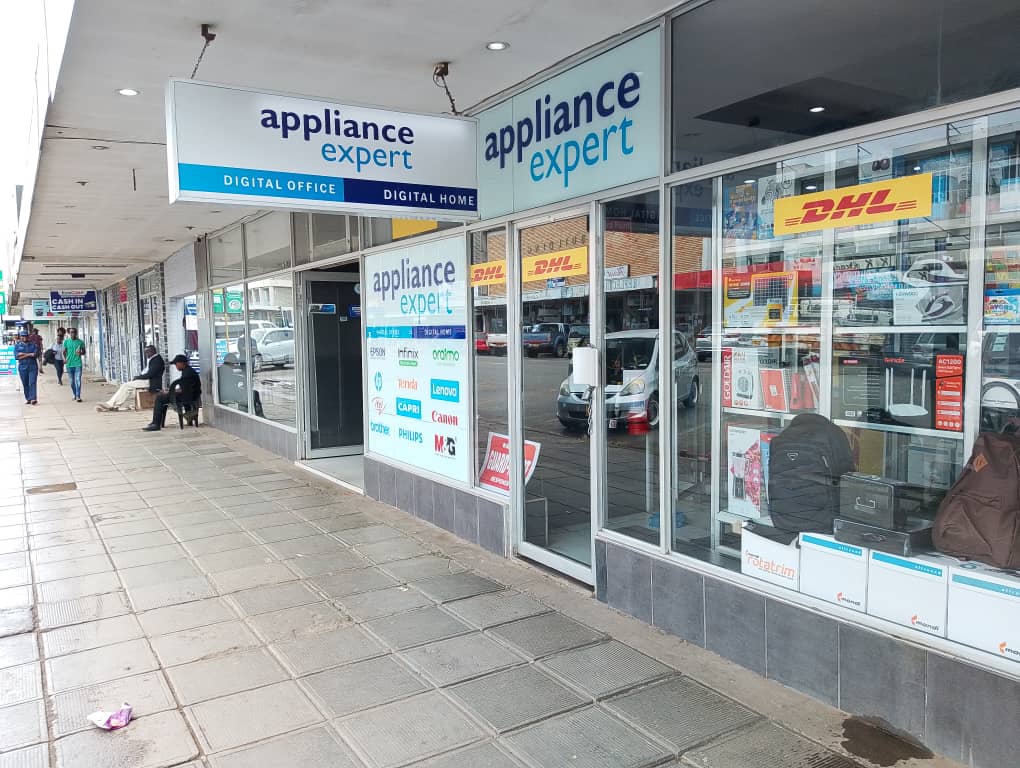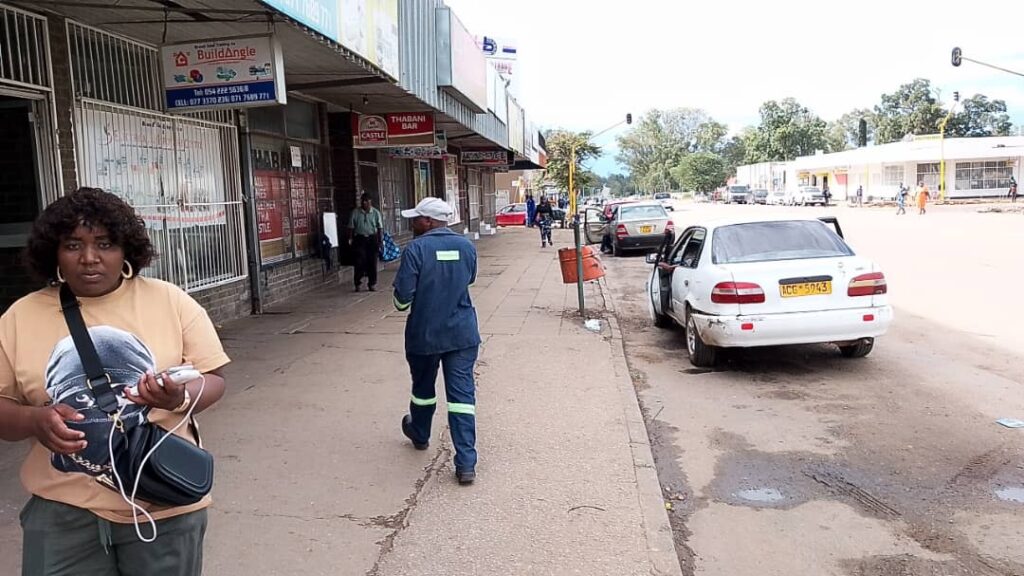By Delicious Mathuthu
Gweru, Zimbabwe –
Gweru remained unnervingly quiet yesterday, March 31, 2025, as planned demonstrations against President Emmerson Mnangagwa’s government failed to materialize, with most people staying home.
The protests, called for by exiled war veteran Blessed “Bombshell” Geza, were intended to challenge Mnangagwa’s alleged plans to extend his presidency beyond his constitutionally mandated term ending in 2028.
Despite mounting frustrations over economic stagnation and allegations of corruption, the anticipated unrest was effectively neutralized by a robust police presence and heightened security measures across the country’s major cities.
In the days leading up to March 31, Geza, a vocal critic of the Mnangagwa administration, used social media to rally Zimbabweans under the banner of the “M31 Revolution.”
His calls for mass protests resonated with citizens struggling with economic hardships and alleged political repression, particularly in Gweru, known for its history of activism.
However, by early Monday morning, it was apparent that the demonstrations would not unfold as envisioned, with the usually buzzing streets quiet and still.
As the day progresse however, at around 11:30 a.m., Gweru’s bustling suburbs of Mkoba 16 and Mkoba 6 appeared largely unaffected, with most shops open and business proceeding as usual.
Major Gweru supermarkets and shops like OK, Pick n Pay, DCK Edgars were open as usual throughout the day but closed early as traffic in the city was low.
Some vendors, however, opted to stay home, cautious of potential clashes.
By 11:45 a.m., at Mtapa Msika, Gweru largest market, just a third of the vendors had chosen not to open their stalls, especially those along Hamutyinei Road, as most continued trading as normal despite low customers.
In the Central Business District (CBD), the atmosphere was calm as, seeing very limited movement, with unusually low traffic and sparse pedestrian presence.
Nearly half of the usual street vendors and some designated vending areas remained closed, and about half of the city’s businesses and shops did not open.
Police presence was significantly heightened, with anti-riot officers patrolling key areas and checkpoints established on major routes into town, especially early morning, bit eased as the day progressed.
One notable sight was the military police presence at roadblocks leading into town, an unusual deployment for a typical weekday.
The Zimbabwe Republic Police (ZRP) had deployed heavily across major cities, including Harare, effectively neutralizing any attempt at mass mobilization.
The force’s decisive action also came amid warnings issued earlier prohibiting the carrying of weapons, reflecting the government’s determination to maintain order.
“The ZRP assures the public that the situation in the country is peaceful. As police officers conduct patrols, the public should feel free to embark on their day to day activities,” ZRP national Spokesperson, Commissioner Paul Nyathi, said in a statement yesterday.
“The ZRP urges the public and business community to continue with their socio-economic activities on 01/04/2025 as the security situation is calm and conducive for various activities.
“Police will give a comprehensive update on the security situation on 01/04/2025,” Commissioner Nyathi said earlier in the day, Monday.
In Harare, officers dispersed a small group of demonstrators at Robert Mugabe Square, illustrating the nationwide crackdown on potential dissent.
Not much news of any demonstrations or gatherings came out of Zimbabwe’s second capital Bulawayo as well.
Some locals described the atmosphere as tense and unsettling at first.
“The police were everywhere. You could feel the tension, most dared them not. We’ve seen what happens when you defy them,” one resident said, anonymously.
The security response appeared to have achieved its goal, especially in the Midlands capital, discouraging public gatherings before they could gain momentum.
As the day progressed into the late afternoon, Gweru showed signs of cautious recovery.
More people ventured into the CBD, traffic gradually picked up, and some businesses that had remained closed earlier reopened.
However, trading volumes remained low, reflecting the lingering sense of unease.
Meanwhile, Geza, addressing his followers through a video posted on X, called off the anticipated protest later in the day, citing the overwhelming security presence and plans to sabotage the movement with orchestrated violent attacks to frame him over the night.
Geza, however, hinted at the possibility of future efforts.
The shunning of the protest calls in Gweru are emblematic of Zimbabwe’s increasingly volatile political landscape, where the government’s reliance on force somehow underscores its vulnerability.
President Mnangagwa, who rose to power in 2017 after deposing longtime leader, the late Robert Mugabe, has faced growing criticism from both opposition groups and factions within his own party.
Recent moves, such as the dismissal of a senior army general and the appointment of a new army chief, have intensified speculation about internal power struggles and dissent within the ruling ZANU-PF.
Political analysts believe that the government’s swift and forceful response to the planned demonstrations are a reflection of Mnangagwa’s intent to consolidate power amid increasing social discontent.



